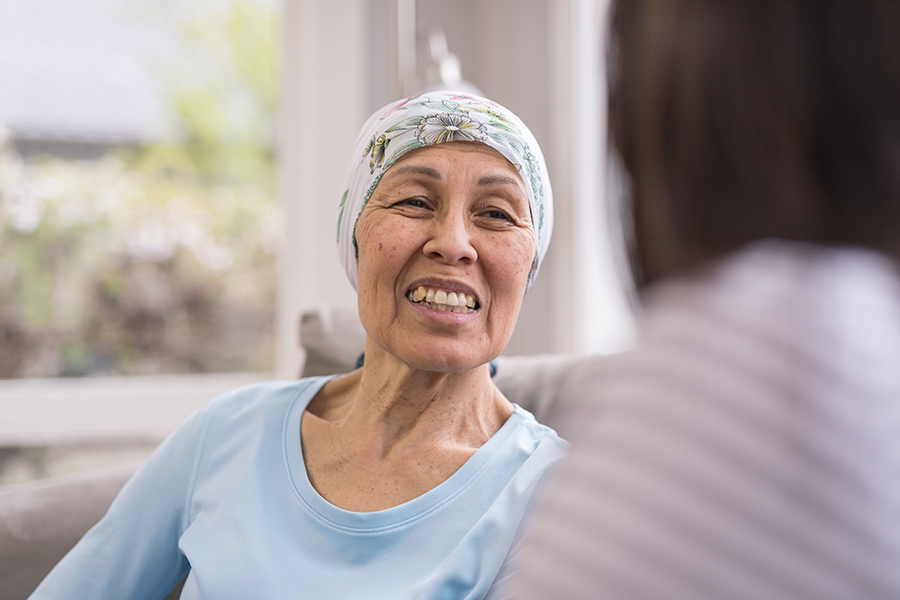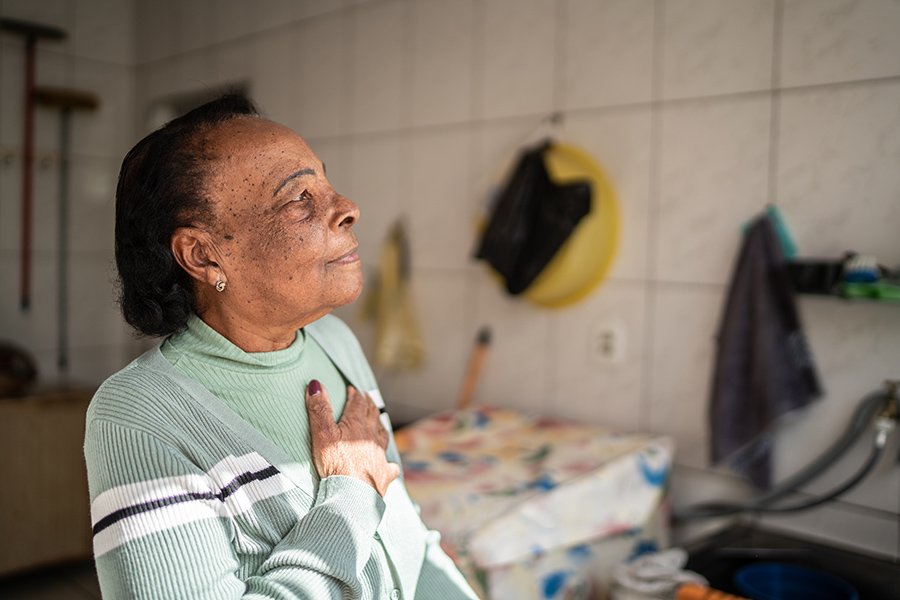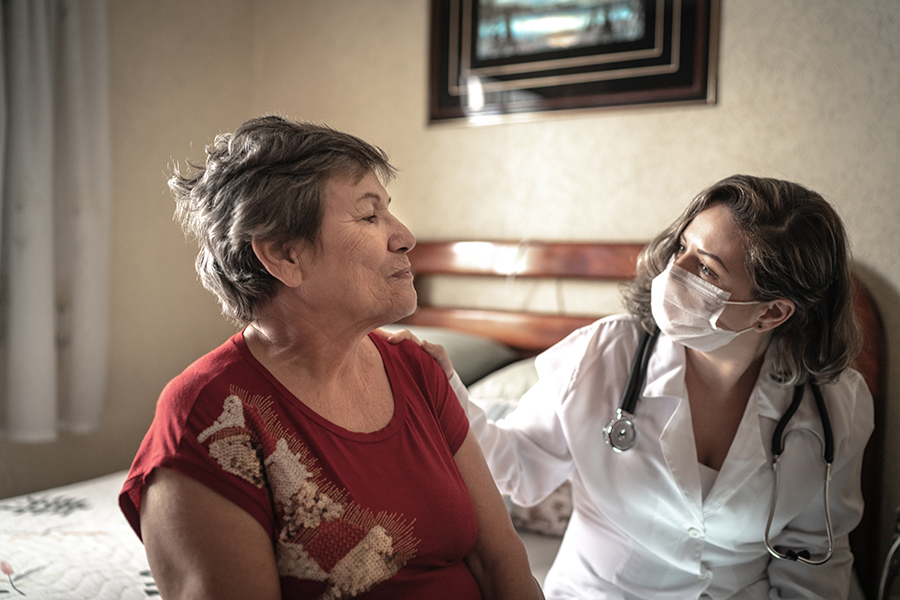February is National Cancer Prevention Month, a time to raise awareness about cancer prevention and early detection.
Most of us will deal with cancer in our lifetime. Whether it is a personal diagnosis or that of a friend or family member, the majority of us are all too familiar with the disease. In fact, according to the Centers for Disease Control and Prevention (CDC), 1-in-2 men and 1-in-3 women in the United States will be diagnosed with cancer in their lifetime.
By taking preventative measures, we can reduce the risk of developing cancer and increase the chances of early detection.
What is Cancer?
Cancer is a large group of diseases with one thing in common: They all happen when normal cells become cancerous cells that multiply and spread. Cancer cells grow and divide in an uncontrolled way, forming a mass of tissue called a tumor.
There are many different types of cancer, and each comes with its own unique characteristics, symptoms, and treatment options. Cancer can occur in virtually any part of the body.
Some common symptoms to look out for include fatigue, weight loss, pain, changes in the skin, or a lump or swelling that does not go away.
How Can I Prevent Cancer?
- Quit smoking: Smoking is one of the leading causes of cancer. Quitting smoking can reduce the risk of developing lung, throat, and other types of cancer.
- Maintain a healthy weight: Obesity is linked to an increased risk of developing several types of cancer.
- Exercise regularly: Aim for at least 150 minutes of moderate-intensity exercise per week to boost your immune system.
- Eat a healthy diet: Eat a variety of fruits, vegetables, whole grains, and lean proteins, and limit processed foods and red meats.
- Limit alcohol consumption: Limit alcohol consumption to no more than one drink per day for women and two drinks per day for men.
- Avoid toxins: Toxins such as asbestos, radon, and pesticides have been proven to cause cancer.
- Avoid sun exposure: Spending too much time in the sun, or being in the sun without proper protection, such as sunscreen, shade, and UV protectant clothing, may cause melanoma.
Cancer Screenings
In addition to taking the above preventative measures, staying up to date with recommended cancer screenings is crucial in the fight against cancer. Screening means checking your body for cancer before you have symptoms. Screenings, such as mammograms and colonoscopies, can greatly increase treatment success rates as it is likely the cancer is still in its early stages and most treatable.
It is important to discuss what screenings you should do with your healthcare provider. Although there are guidelines for the minimum screenings, you may be at higher risk for other cancers and benefit from regular screening.
The American Cancer Society recommends the below screenings:
- Breast cancer: Women should begin getting mammograms at age 45 and continue getting them every year until age 54. After age 55, women can start getting mammograms every two years or continue getting them annually.
- Cervical cancer: Women should begin getting Pap tests at age 21. Women between the ages of 30 and 65 should get a Pap test and an HPV test every five years.
- Colorectal cancer: Adults should begin getting regular screenings for colorectal cancer starting at age 45.
- Lung cancer: Adults who are at high risk of developing lung cancer (such as smokers, even after quitting) should discuss getting a low-dose CT scan with their doctor.
National Cancer Prevention Month is a time to take action and help reduce your risk of developing cancer. By eating a healthy diet, exercising regularly, quitting smoking, limiting alcohol consumption, and getting regular cancer screenings, we can make a difference in the fight against cancer. Let Cancer Prevention Month remind us all to take a step forward toward a healthier life.




















